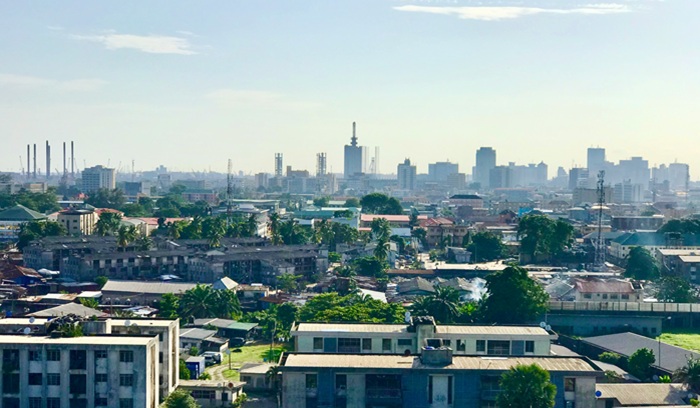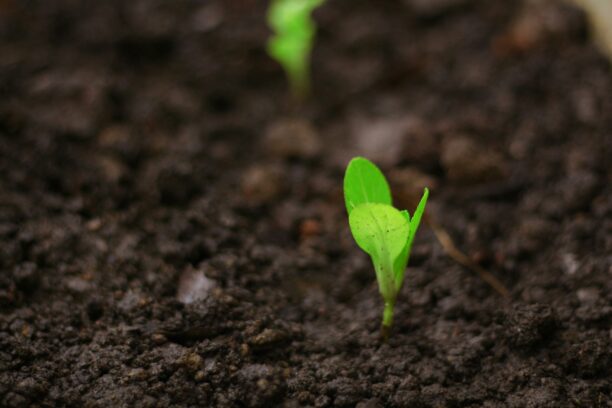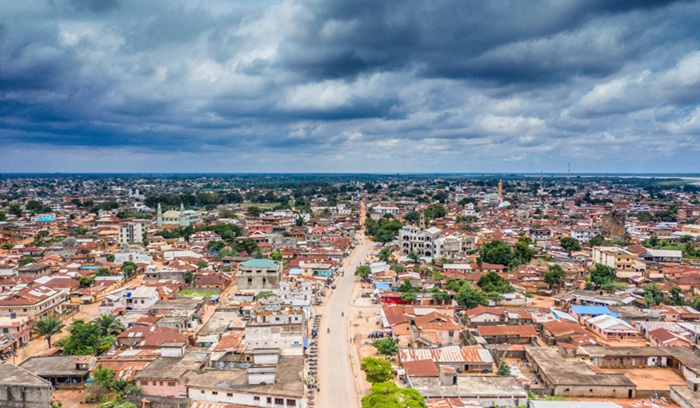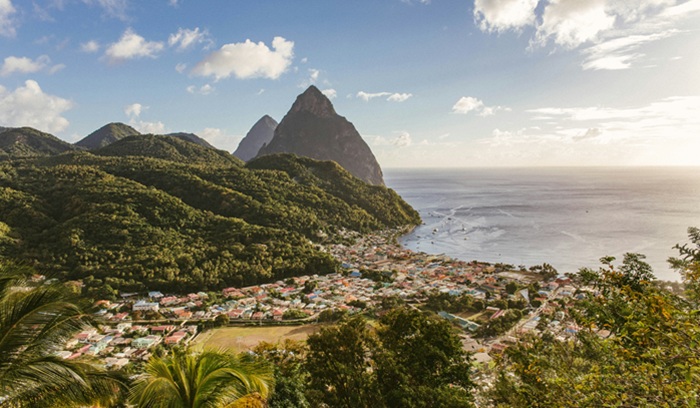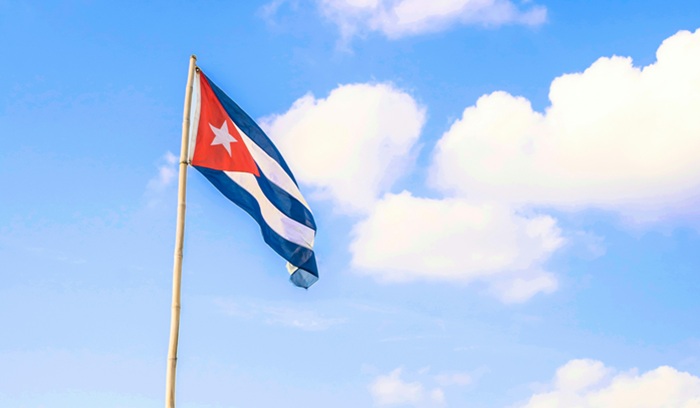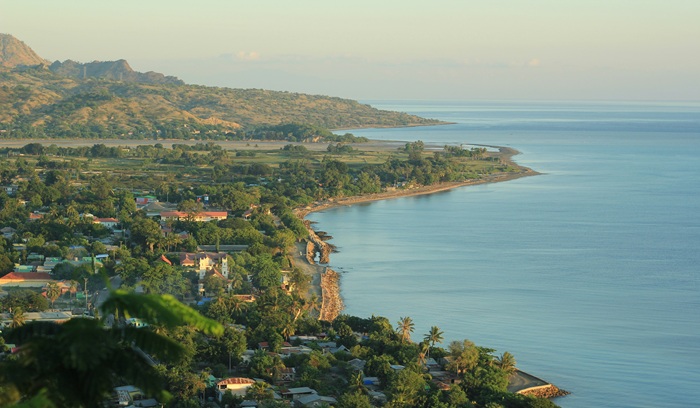Lagos bans single-use plastics
On July 1, 2025, Lagos introduced a ban on single-use plastics like Styrofoam plates, straws, and cutlery. The city—home to 20 million people—has long battled severe plastic pollution, with clogged waterways worsening floods and harming health. The ban is already driving grassroots recycling, sparking innovation in sustainable packaging, and raising public awareness about waste reduction. If supported by stronger enforcement, better waste systems, and affordable alternatives, this move could slash hundreds of thousands of tons of plastic waste annually—positioning Lagos as a model for African cities aiming to protect their environment and build a cleaner, more resilient future.

